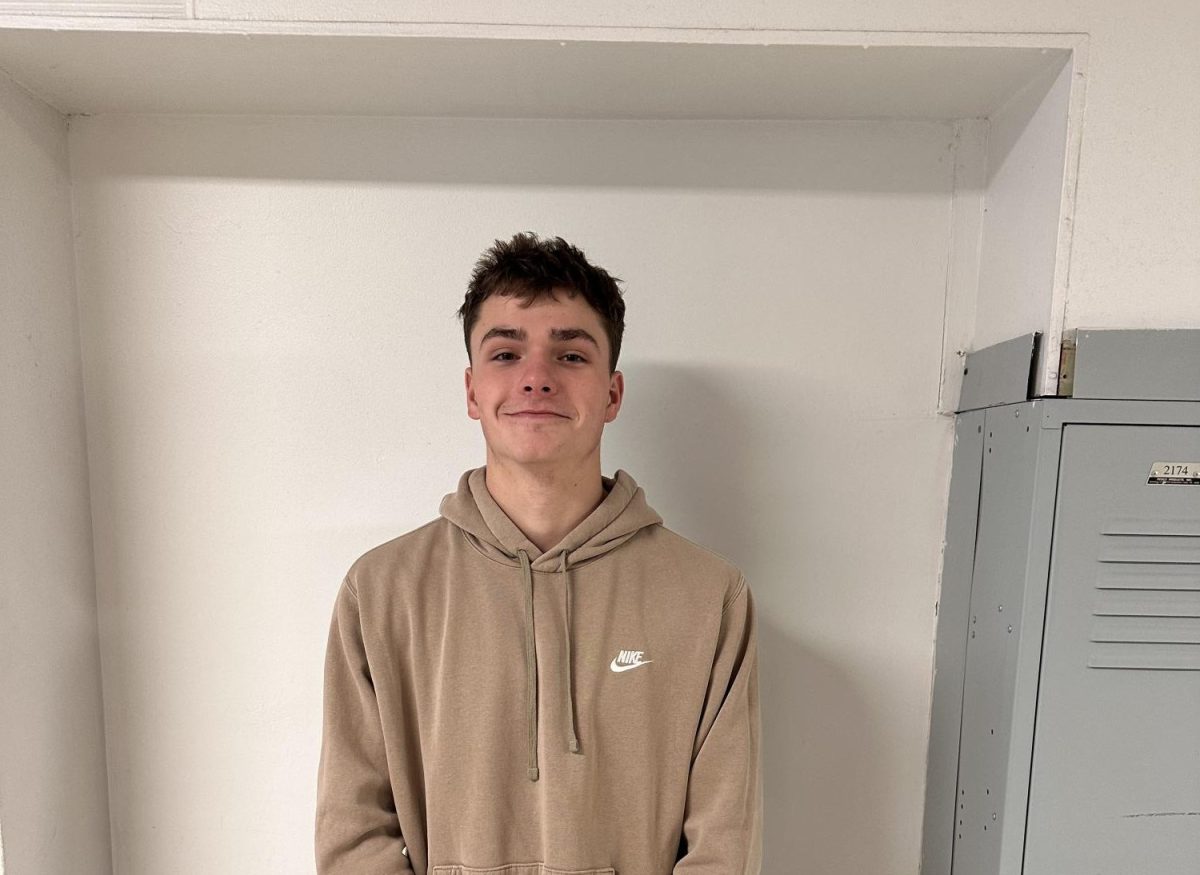Tests. Practices. Homework. Family. Friends. Stress. Twenty-first Century teenagers have to face all of these conflicts and more in their everyday lives at the expense of an important factor to stay functioning: sleep. To get it all done, teenagers tend to sacrifice their sleeping schedule to be sure that everything is in order for the following day. And the next day. And the next day. All of those sleepless nights add up, causing brain fog, exhaustion, loss of appetite, and so much more.
Sleep is a crucial part of everyone’s health, whether the person is three years old or a hundred and three years old. According to Better Health Channel, teens need “between 8 and 10 hours of sleep per night” on average. WMC are no exception to this, however, many struggle to reach this amount of sleep regularly.
However, teens ages 13-18 require 8-10 hours per night on average for full brain function. I interviewed a total of 19 students from a variety of grades, and I calculated the average of all of them. The average amount of sleep that a student at Central gets is 6.3 hours per night.
Junior Eliza Pickard says she “probably gets around 6 hours” per night. If she could, she would change the start time of school to “8:45-9 am, to be rested enough to do my homework and schoolwork without feeling tired.”
Additionally, junior Audrey Young would change the school start time to later as well, she states that “I would change it to 8:30 or later, I just can’t take getting up at 6:00.” Junior Violet Caruso has similar opinions, saying that “8 am or later is better. I would feel more rested if it started later in the day.”
Interestingly enough, this issue has already reached the Senate floor. In 2022, there was a bill proposed in NJ that was never passed that required, “certain public schools that receive State aid to begin regular instruction for high school students no earlier than 8:30 AM.” If this were to be passed, the question still holds, would students still be deprived of sleep and scrolling well through the night, or would the new start time inspire students to be productive with their time and get the sleep that they require?
School psychologist Ms. Flores gives her opinion on the considerably few hours of sleep that teens are getting. Ms. Flores’ job is to provide individualized support for students with IEPs (individualized education plans) and help them with risk assessments for special education students. When told the averages of sleep per night concerning both student and teachers, Ms. Flores was not surprised to hear students get around 6.3 hours per night. She says that “nobody is getting enough sleep, everybody is on their phone for all hours of the night, it is hard for everyone to detach from their screens.” Due to this, Ms Flores does not believe that the start time changing would affect student’s sleep time due to everyone always being attached to their phones.
However, if Ms. Flores did have the opportunity to change the school start time, she would change it to a later time, because she says that “studies have shown that teens in high school benefit from a later start time.” She also says that the “cognitive benefits to getting enough sleep are apparent in schools, especially seeing children tired all of the time.”
Despite these averages, even if one gets enough sleep, there are many other factors that influence mood and energy like physical activity, nutrition, and stress levels. However, according to the many interviews from students, getting school to start at a later time would definitely help students to feel more rested as well as help their schoolwork improve.
Categories:
Teenage Sleep Deprivation

0
More to Discover
About the Contributor

Lia Nowak, Staff Writer
Lia Nowak is currently a senior at Central. Lia enjoys reading, writing, and playing varsity basketball and tennis for West Morris. Lia’s favorite subject in school is English, and that is the reason Lia decided to choose journalism as a class this year. She is a member of the P.A.W.S club, Highlanders for Humanity, and REACH. Additionally, Lia is the outreach coordinator for Reach Out non-profit. Academically, Lia is in the IB-CP program for Life and Health Science. Lia is thrilled to be a part of The Paw this year; allowing her the opportunity to write about topics she is interested in and getting caught up with school news.






























